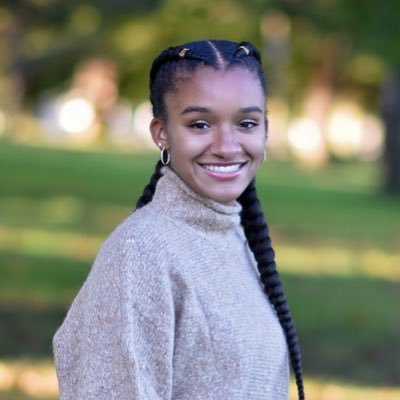Preparation for Election Day starts months earlier, with training, elections, meetings, and more. On Election Day, poll workers this year will trade up to 15 hours of their day for between $210 and $255 and a lot of hard work. (The pay this year got boosted significantly and previously had been as low as $95.)
They typically work from before the polls open at 7 a.m. to after they close at 8 p.m.There are several different positions that poll workers can hold, including election inspectors, greeters, registration officials and interpreters among others.
In honor of Democracy Day on Sept. 15, Resolve Philly reached out to several Philly poll workers, to discuss their motivations for beginning poll work, their experiences, and for some, what has kept them coming back to work the polls for several decades.
DaNeisha Sistrunk
- 24th Ward 4th Division
- Party Affiliation: Democrat
- Area of Philadelphia: University City/Mantua
- Role: Judge of Elections
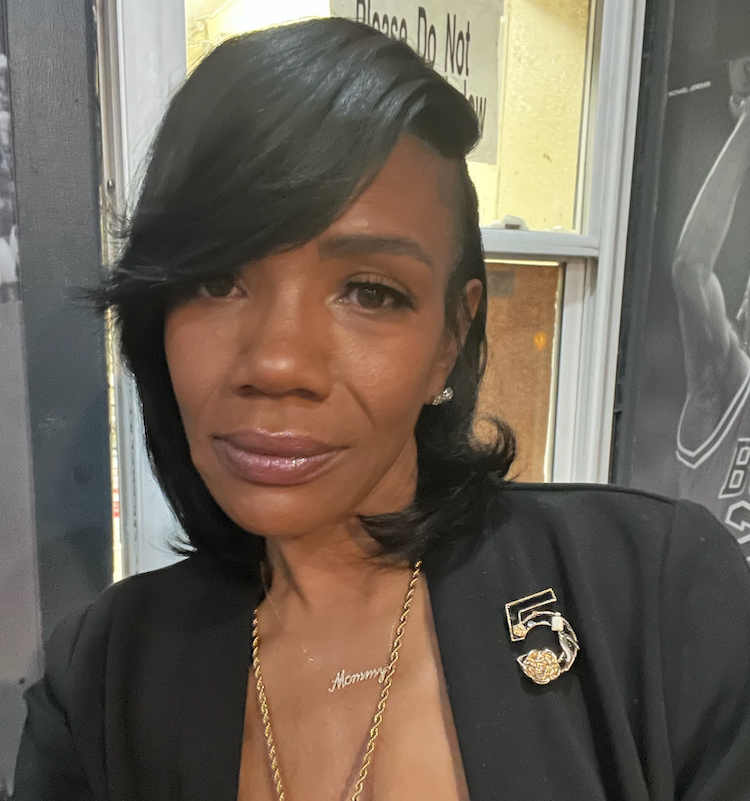
DaNeisha Sistrunk. (Courtesy photo)
DaNeisha Sistrunk, who goes by Dina, has been working the polls since 1998 when she was 23 years old. She got into election work through family ties, as her grandmother worked the polls every year. Sistrunk is a third generation election worker — her mother does it as well.
Since first working the polls, Sistrunk said that she has seen a decrease in voter turnout at her polling location of Morton McMichael Elementary School.
“The gentrification has a big part in it, and also the fact that we are more of a university area than residential area, meaning that a lot of our division is filled with college students who don’t necessarily change their voting registration to their current address,” she said. “A lot of them do mail in ballots from their home addresses.”
Another change that Sistrunk and fellow longtime poll workers have had to adjust to is the increase of technology at the polls. This causes frustration among older generations who are used to the old ways of voting and do not understand how to use the touch-screen voting machines correctly.
Twice a year it’s like a neighborhood reunion. A lot of us poll workers have known these families before we were even here.
“I believe that a lot of our elders get a little frustrated because they don’t understand how to completely operate the machines. We are there to assist them, and we are pleased to assist them, but I see a lot of frustration among them,” she said.
However, that confusion and the ongoing coronavirus pandemic did not affect voter turnout among the older generations in Sistrunk’s community: “The people that we are used to seeing, we continue to see. COVID hasn’t deterred them from getting out to the polls.”
Sistrunk loves seeing her community come out to vote, but she said with decreasing voter turnout, her job can sometimes seem pointless. What keeps her going back, even with low pay and low voter turnout, is the community aspect of the job.
“Twice a year it’s like a neighborhood reunion,” she said. “A lot of us poll workers have known these families before we were even here [working the polls]. Generations have grown up together. It’s like a big community reunion for a good cause.”
Sistrunk also feels called to the service aspect of the job. Working the polls allows her to help her community and encourage people to take advantage of their right to vote.
“I continue to work the polls because I am trying to get each individual in my division to understand the importance of voting. I feel like I need to set an example for the younger people,” Sistrunk said. “Voting is a right that everyone should take advantage of. And I feel like if I’m not there, who’s going to tell the community to go and take advantage of your rights?”
Samir Khan
- 8th Ward 15th Division
- Party Affiliation: Democrat
- Area of Philadelphia: Center City
- Role: Judge of Elections
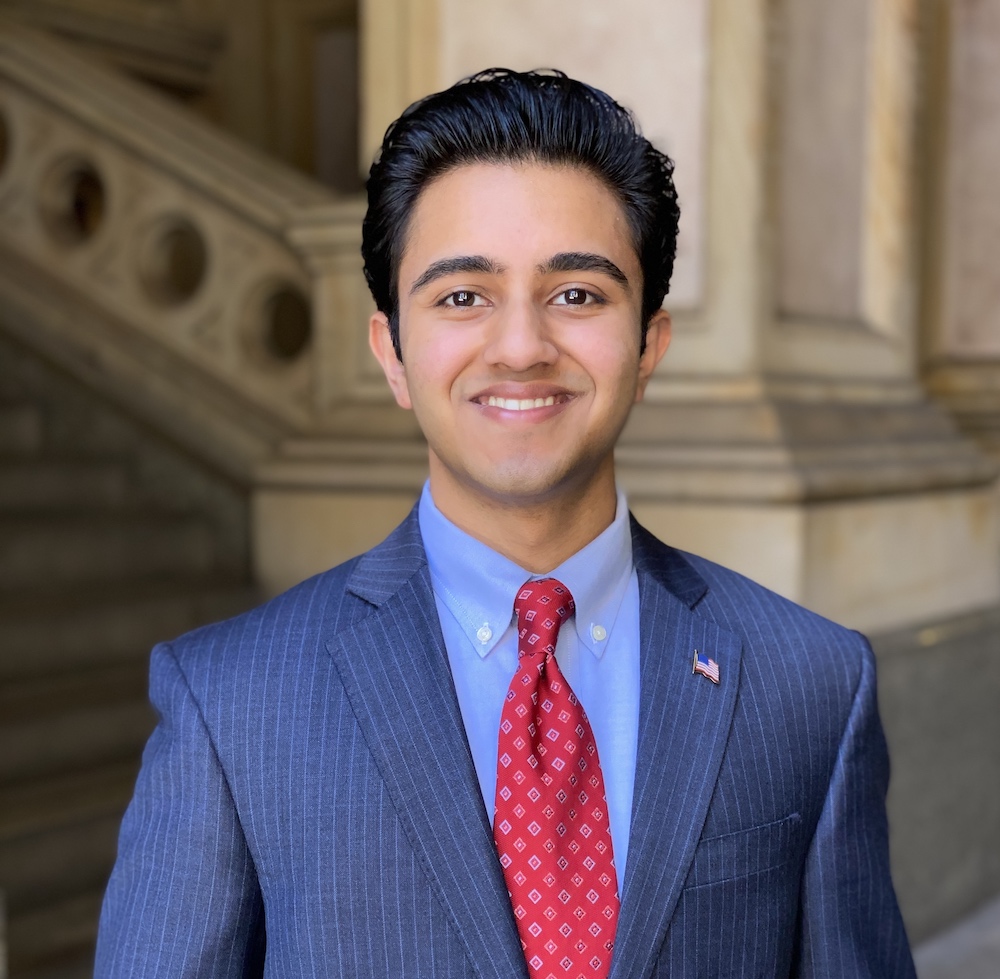
Samir Khan. (Courtesy photo)
Samir Khan is an 18-year-old sophomore at Cornell University. He got involved with poll work as soon as he could — at 17 years old. Now, he holds the position and title of Philadelphia’s 8th Ward’s 15th Division as Judge of Elections.
In high school, Khan developed the nickname “Senator Khan” among his classmates for his love of talking politics. This nickname got Khan thinking, “could that mean something deeper than just that superficial level? Perhaps if I cultivate myself I might have the skillset to add value to America, to our country as an elected official.” The summer before heading off to Cornell for his freshman year, Khan decided to do some research on how he could get politically involved in his community at such a young age and stumbled upon the position of judge of elections.
“The judge of elections position has been a phenomenal opportunity to really gain the experience of how to not just interact with the voters and the people but also fellow government officials and elected officials,” Khan said, “to really do our best to serve our community and the American population at large.”
Because I consider it something deeper than just a job or a career, it doesn’t feel like something that I have to juggle, it feels like something I get to do.
Khan’s job as judge of election entails overseeing the entire election process for his district to ensure voting integrity. Since Khan was not yet 18 when he was running for the position of judge of election, his name was provisionally on the ballot, and he was later appointed with confirmation from city hall to his position. While the campaigning and initial election process was difficult for him, Khan said for other young people wanting to get involved in politics and poll work: “If you have a will, there will absolutely be a way.”
Khan said working the polls “requires a lot of coordinated, relentless, hard work.” Khan starts working Election Day around 5:45 a.m. and ends at about 10 p.m. Because of the hard work and long hours that Khan and his fellow poll workers put in, claims of fraudulent elections offend him.
“When I hear those sorts of claims, like the election is a fraud, I take that personally of course,” he said. “This is an insult to the work of thousands of people in Philadelphia, in Pennsylvania, and the entire country.”
Khan balances his life as a college student studying finance in New York and a public servant working the polls in Philadelphia through passion.
“I don’t really consider either of these things work,” he said. “I think of it as my life mission to do what I do. Because I consider it something deeper than just a job or a career, it doesn’t feel like something that I have to juggle, it feels like something I get to do. And when I get to do something, I want to do more of it, honestly.”
Until 2025, Khan will serve as judge of elections for his district. After that, there are many opportunities he might pursue. One thing that will remain important to Khan, however, is assisting and uplifting others, which he is honored to do through his role as judge of elections.
Melody Wong
- 24th Ward District 5
- Party Affiliation: Democrat
- Area of Philadelphia: Chinatown
- Role: Multilingual interpreter
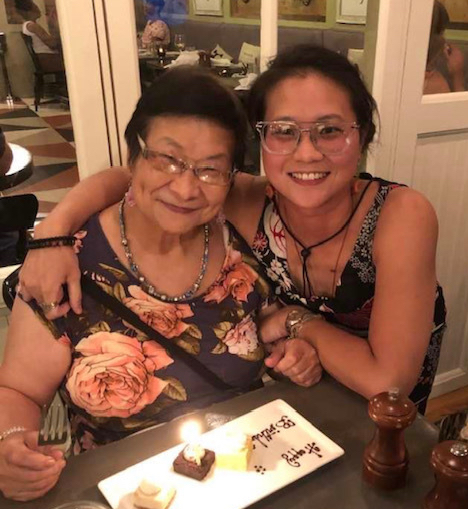
Melody Wong (right) and mother Jacqueline Wong pictured at a birthday gathering. They work the polls together in Chinatown. (Courtesy photo)
Melody Wong is a multilingual poll worker from West Philadelphia who has been working elections in Chinatown since 2009 with her mother, Jacqueline. Wong speaks both Cantonese and Mandarin.
“After Obama got elected, I got involved because my parents came here in the 70s and I’ve been volunteering in Chinatown for a longtime,” Wong said. She got interested in politics from growing up watching “The West Wing,” but also by being an American born citizen who grew up in Hong Kong. “When I came back to the states in 2000, right after Bush vs. Gore, it really catapulted, ‘Oh what’s going on?’ ‘Does our vote really matter?’ and ‘what are we doing?’”
Working the polls, Wong has noticed that redistricting of polling districts has reduced the traffic at her polling station. She worries this means some community members just stay home once their polling places have been changed.
If not me, who? It doesn’t cost me anything, and at the end, to serve is fulfilling.
Outside of major elections, turnout is not always great, according to Wong: “When we get a 20% turn out rate we’re very happy.”
As a multilingual poll worker, Wong has experienced microaggressions, especially as an Asian American woman working the polls in the midst of the coronavirus pandemic. As a multilingual poll worker, Wong also feels that there is cultural work to be done to promote the importance of voting in predominantly immigrant communities who had different systems or maybe didn’t trust the system in their countries of origin.
For some, working the polls is as far as they want to go politically. Wong works as a stage manager as her day job, and she has no other political aspirations other than to continue working the Chinatown polls for as long as she can.
“Politics are grueling and hard, [and] not a road I want to go down,” Wong said. “As long as I’m asked to serve, I would serve.” Wong sees her service as a poll worker as a way to give back to her community in a way that not many others do: “If not me, who?” she said. “It doesn’t cost me anything, and at the end, to serve is fulfilling.”
Marjorie S. Bolton
- 50th Ward 4th Division
- Party Affiliation: Democrat
- Area of Philadelphia: Mt. Airy
- Role: Judge of Elections
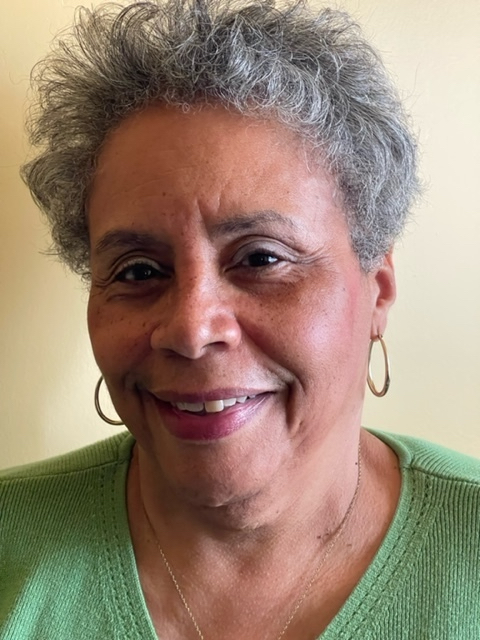
Marjorie S. Bolton. (Courtesy photo)
Marjorie S. Bolton is a longtime judge of elections from the Mt. Airy area of Philadelphia. She was recruited back in the 1980s by another local poll worker who noticed she voted in every election. “[She] saw that I was interested and would ask different questions and she said, ‘Would you like to work on the polls? And I said ‘Sure!’”
Bolton was in her 30s when she started. Bolton said that one major change in the process has been the technology; she’s worked with three very different types of voting machines over the years. While the changes in technology have made some things easier, it has also led to an increase of work at the polls. And then came the pandemic.
“COVID has changed a lot. The biggest change is that it has caused people to vote in person less,” Boston said of mail-in voting.
I love seeing parents bringing their 18-year-old children coming out to vote for the first time.
Bolton believes that citizens do not realize how long of a day the poll workers put in, or how much work it really takes to make sure everyone can come in and vote smoothly — “It is a long day, whether [polling places] are full of people or not,” she said. Bolton and other poll workers work 14 to 17-hour days depending on their roles within the polling station, and with the new increase will get paid about $250.
Bolton said it’s “Definitely not the money!” that keeps her going back to working the polls year after year. “You know what it is?” she asked, “It’s the sense of joy that I see my community coming out to vote.”
Much like both Wong and Khan, Bolton gets a sense of gratification from working the polls and serving her community.
“I love to see that neighbor Ms. Taylor, who is 92 years old and still comes out to vote because she knows how important it is to vote,” she said. “I love seeing parents bringing their 18-year-old children coming out to vote for the first time.”
In past years when pay was lower, Bolton said she lost money by working the polls while she was in the midst of her teaching career since she had to take personal days. However, she would not have changed a thing: “I did it because it was that rewarding to me. I don’t regret it and I didn’t miss the money either.” Bolton said she doesn’t expect to retire from election work anytime soon.
_
For more information on poll workers, or if you are looking to become a poll worker, visit the Philadelphia City Commissioners’ website.
Join the conversation!
Find news, events, jobs and people who share your interests on Technical.ly's open community Slack

Philly daily roundup: Earth Day glossary; Gen AI's energy cost; Biotech incubator in Horsham

Philly daily roundup: Women's health startup wins pitch; $204M for internet access; 'GamingWalls' for sports venues

Philly daily roundup: East Market coworking; Temple's $2.5M engineering donation; WITS spring summit

